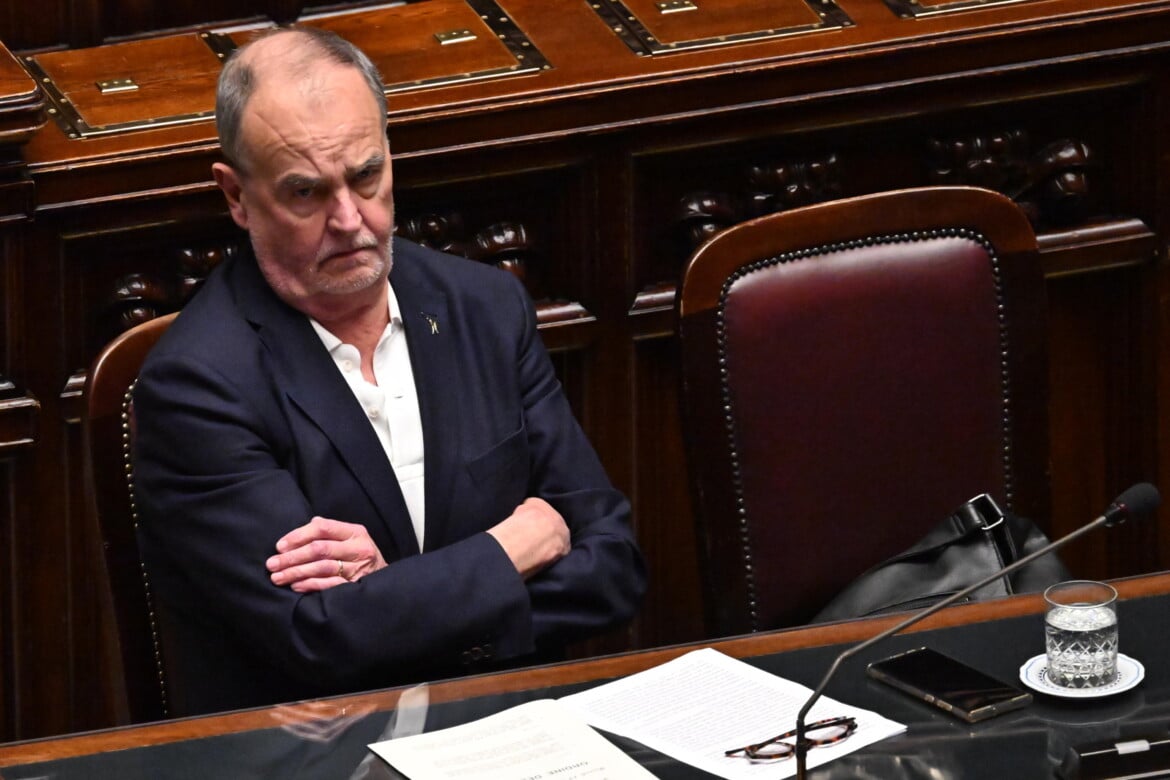Analysis
Differentiated autonomy ruling left the Italian right speechless
If the referendum movement grows to the point that they fear that the quorum will be reached, the right will once again try to block the referendum with new bills that would force it to be brought back before the Supreme Court.

The Constitutional Court's ruling on differentiated autonomy – one of the finest in recent memory, with no less than 39 mentions of “solidarity” and “solidaristic” – made a splash in Italian politics, with different effects between the right-wing majority and the opposition, both political and social. The former has surreally fallen completely silent, shattered by the ruling that dismantles at the cultural level not only the Calderoli law but also the political-ideological basis of the pact that holds the coalition together.
The opposition forces got a taste of victory, but now have to deal with the remaining urgent question, namely the incoming Supreme Court decision on whether or not the referendum they have called to repeal the law can still take place.
On December 3, in an unusual turn of events, two reforms being pushed through by the right got radically different outcomes. At 11:30 a.m., the Constitutional Court filed its ruling in which it struck down the main points of the Calderoli law and rewrote many of the others; shortly afterwards, the Chamber's Constitutional Affairs Committee voted to move forward on the separation of the careers of magistrates and prosecutors (the bill will be up for floor debate on December 9).
On the latter reform, the majority was full of jubilant statements (the words “a historic day” came up again and again); but there was complete silence from them on the Constitutional Court ruling. The day was made even more surreal by Antonio Tajani (Forza Italia), whose party has unwaveringly supported the Calderoli law, saying he was happy because the Constitutional Court ruled that foreign trade can no longer be devolved to the regions.
Equally bizarre was the “we’re moving ahead with the things agreed” from Luca Zaia and Alberto Stefani, secretary of the Liga Veneta. The late afternoon statement from the author of the law, Roberto Calderoli, was full of similar spin: “The ruling of the Constitutional Court confirms that the path taken by the government is the right one,” by which he meant going ahead with individual agreements on government functions not included by the Court under Essential Performance Levels, while “working” on “further legislative interventions” only for EPLs and standard requirements.
Meanwhile, the FdI and Giorgia Meloni, usually very assertive on the government’s plans, were completely quiet on December 4.
This is where the opposition forces must come in with their own messaging. On Monday evening, the day before the ruling, the executive board of the committee promoting the repeal referendum met for an assessment of what to do before the Supreme Court rules on whether the referendum can still go ahead.
In mid-December, the Supreme Court will have to decide whether, after the Constitutional Court striking down the key provisions of the Calderoli law, the conditions still exist for holding the referendum. The criterion is whether the “essential normative contents” and “inspiring principles” of the law have been repealed. On December 4, Stefano Ceccanti and Peppino Calderisi argued that the Constitutional Court ruling has substantially altered both and thus that the Supreme Court would block the referendum. However, the referendum committee's board decided to defend before the Supreme Court (either with a brief or at the public hearing) that the referendum question remains valid, especially in its political grounds, different from the juridical ones. Moreover, this thesis is well supported by the statements of Zaia, Calderoli and others from the Lega, which took the line that “nothing changes and we’ll go ahead.”
Of course, after a green light from the Supreme Court on the referendum, the wording of the question would have to be argued in January, again before the Constitutional Court. But on the latter issue, the referendum committee is fully confident in a positive outcome. On that basis, the committee decided on Monday evening that mobilization must be kept up: if the referendum makes it to the polls, it won’t be an easy task to get the required quorum for its validation.
These considerations bring us back to the majority and the timing of any new legislative initiative they might introduce on the subject. Both the Prime Minister’s office and Calderoli agree that it’s more advisable to wait until after the referendum clears the two hurdles, namely the Supreme Court in mid-December and the Constitutional Court in mid-January. Only then will they make another move, depending also on where public opinion stands.
If the referendum movement grows to the point that they fear that the quorum will be reached, the right will once again try to block the referendum with new bills that would force it to be brought back before the Supreme Court for a new assessment of whether there are still grounds for it. But at this point, whatever the right-wingers do seems to share the usual fate of “Calderolism,” an approach to politics named after the joke-cracking, irreverent style of the Lega Minister. Cheers to that.
Originally published at https://ilmanifesto.it/la-consulta-smonta-calderoli-la-lega-insiste-con-lautonomia on 2024-12-03
